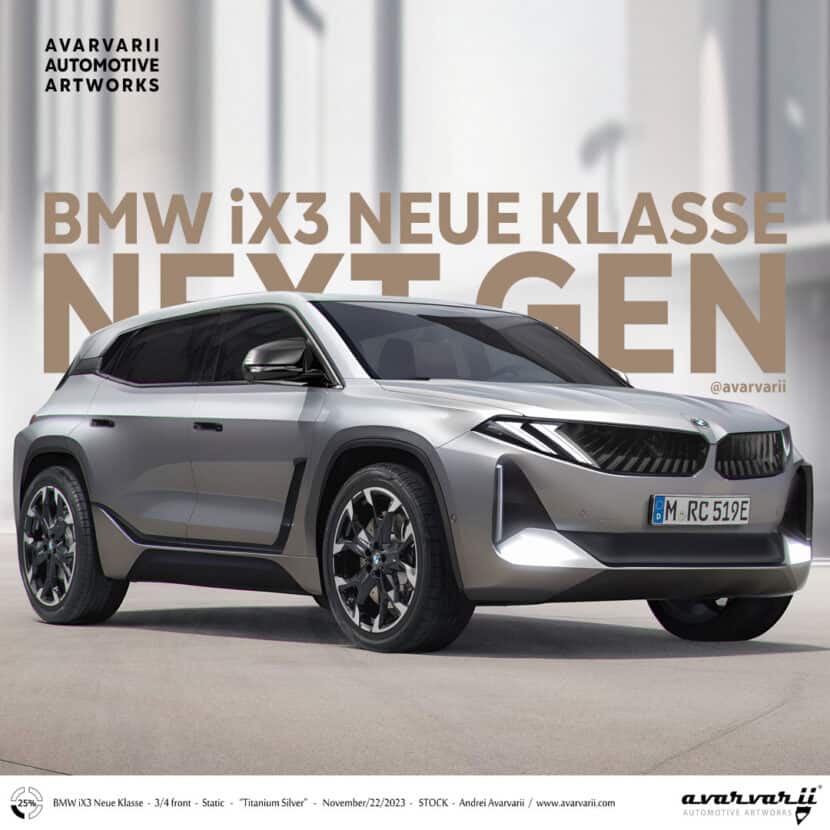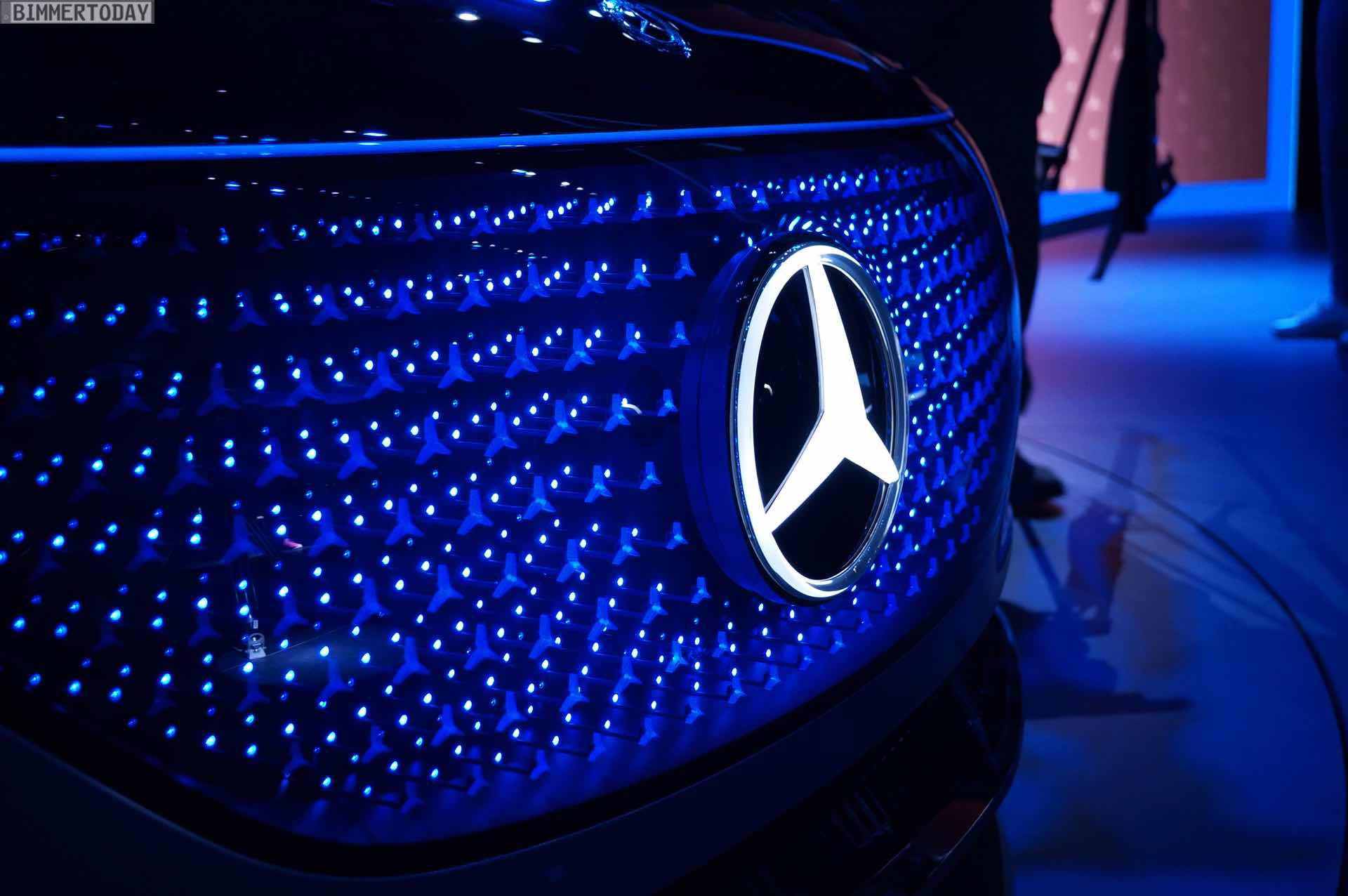The Tesla Model Y has been the undisputed champion of the electric SUV market for the past couple of years, dominating sales charts and solidifying its position as the go-to choice for environmentally conscious consumers. However, the road ahead for the Model Y is set to become more challenging as established German luxury car brands, BMW and Mercedes-Benz, gear up to launch formidable electric competitors.
The BMW iX3: New Platform, New Design

BMW is set to make a significant impact on the electric SUV scene with the introduction of its iX3, the first electric vehicle (EV) to utilize the Neue Klasse platform. This platform is designed to prioritize electric cars, promising improvements in cabin and luggage space, reduced weight, and enhanced driving performance. The iX3 is expected to enter production in July 2025 at BMW’s new Debrecen Plant in Hungary, signaling the brand’s commitment to the electric future.
BMW is also making strides in battery technology, with the new batteries touted to have 20% higher energy density, leading to improvements in charging speed and range. The production process is expected to become more sustainable, with a 60% reduction in emissions and a 50% reduction in manufacturing costs. We also expect fast charging times, considering the new 800 Volt architecture. As you’d expect, the BMW iX3 (NA5) will be a major step forward for the Bavarians and one of many Neue Klasse models to come after 2025.
Mercedes-Benz GLC EV: EV-First Platform Also
Mercedes-Benz is not far behind in the race for electric SUV supremacy. The 2026 GLC SUV, based on an EV-centric platform, represents a significant leap forward from its predecessor, shedding the compromises associated with adapting a combustion engine model into an electric one. The new platform is expected to offer advantages in terms of cabin and luggage space, as well as improved driving dynamics.
Prototypes of the upcoming GLC EV (also known in the past as the EQC) were recently spotted showcasing flared hips, flush door handles, and a sporty roofline, suggesting a departure from the current EQC design. While the details are camouflaged, it is evident that Mercedes is placing a strong emphasis on making the EQC a worthy contender in the electric SUV market. Mercedes is also reportedly considering a shift in its naming strategy, abandoning the EQ nomenclature for a simpler and more straightforward branding. The new GLC EV is anticipated to be produced at Mercedes’ Vance, Alabama plant, with the company rearranging production to accommodate its flagship EQS SUV in Bremen, Germany.
The electric future is shaping up to be not only environmentally friendly but also intensely competitive, offering consumers a wider array of choices in the rapidly expanding electric vehicle market. So it remains to be seen whether the Germans can keep up with the flashy brand from California.





































































